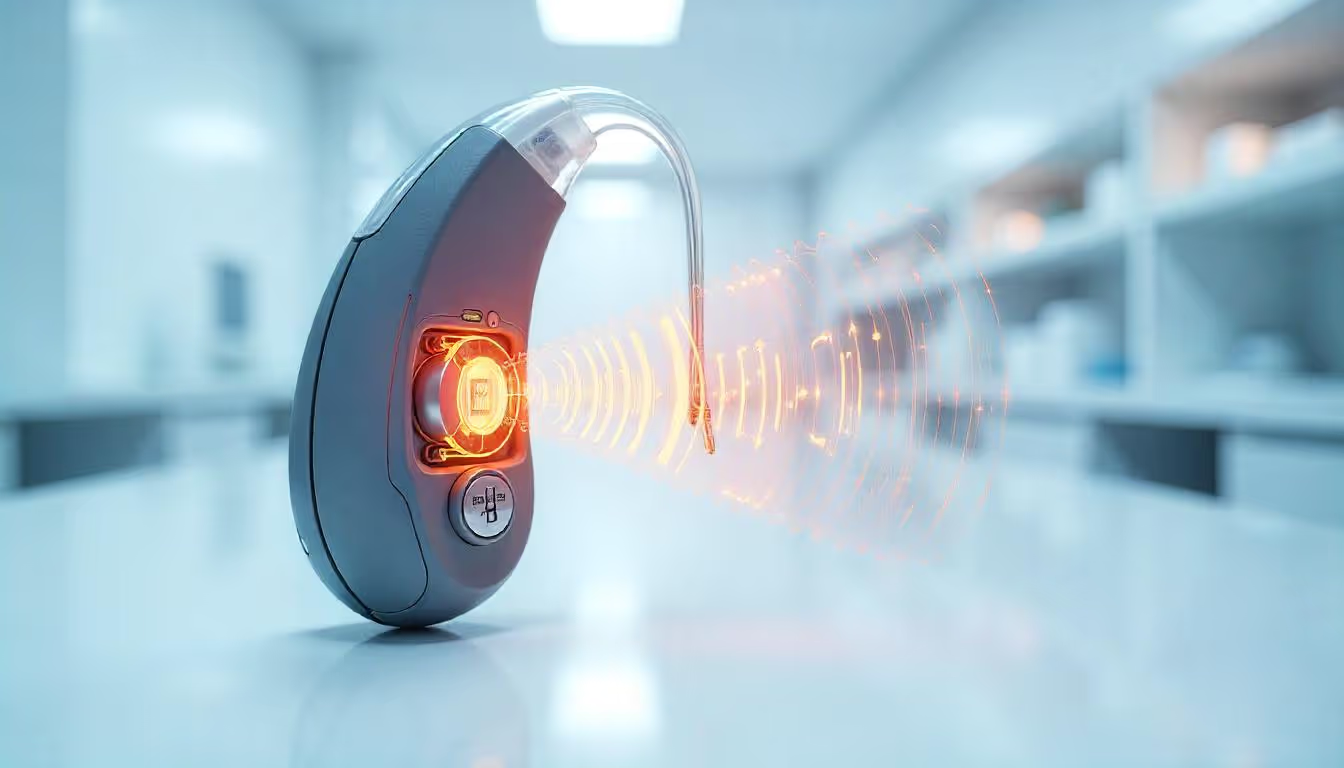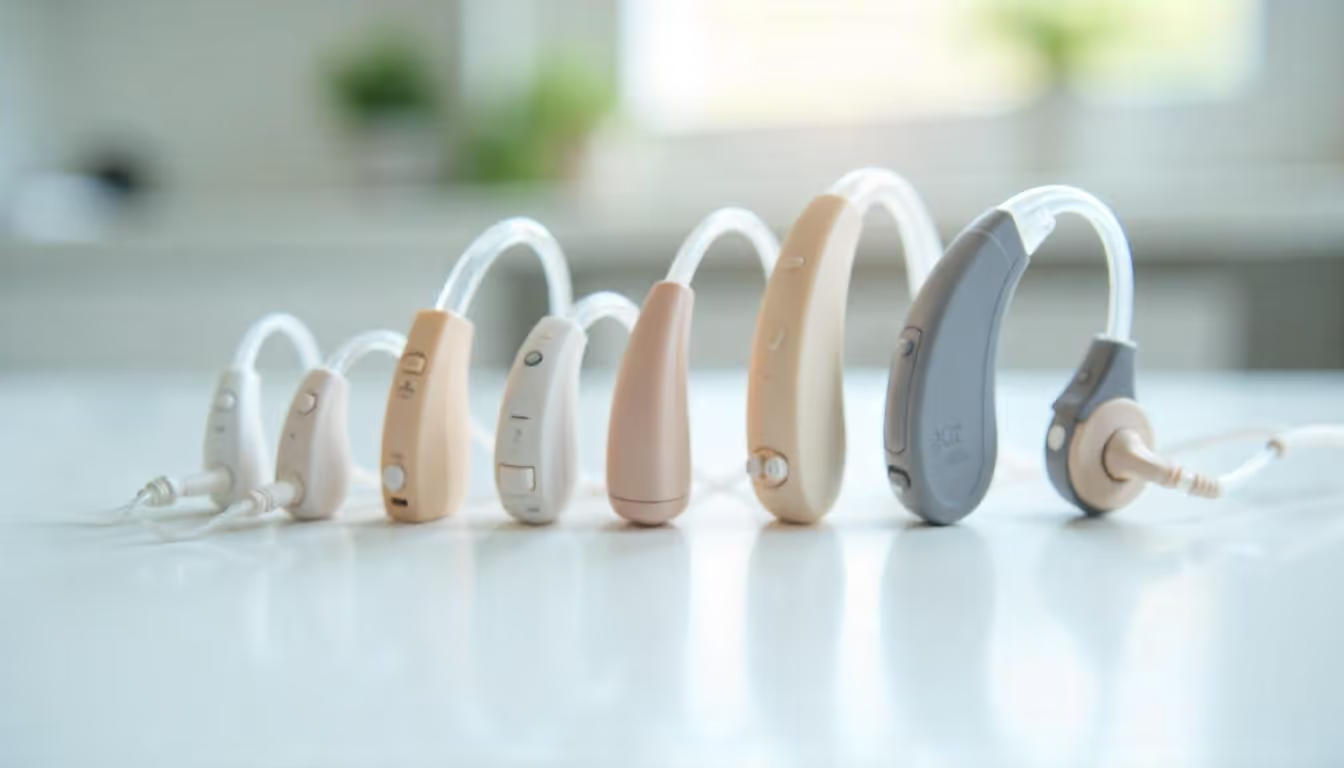
A Helpful Guide by Hazelwood Hearcare
Hearing loss affects millions of people across the UK, and for those who are profoundly deaf or hard of hearing, hearing aids can play a transformative role. But how do hearing aids actually work for the deaf, and what can users realistically expect from them?
At Hazelwood Hearcare, we believe in empowering individuals and families with the knowledge they need to make informed hearing care decisions. In this guide, we’ll explain how hearing aids function, what types are best for different levels of hearing loss, and what profoundly deaf individuals can expect from these advanced devices.

Before diving into how hearing aids work, it's essential to understand the spectrum of hearing loss. Hearing loss is measured in decibels (dB) and can be categorized into:
People who are profoundly deaf have little to no hearing ability, even when sounds are amplified. However, many with profound hearing loss can still benefit from hearing aids, depending on their specific condition and type of deafness.

Hearing aids are small electronic devices designed to make sounds louder and clearer for people with hearing loss. They consist of three main parts:
Modern hearing aids are far more advanced than simple sound amplifiers. They come equipped with digital signal processing, noise reduction, directional microphones, and even Bluetooth connectivity for smartphones and TVs.

Yes, in many cases, hearing aids can help those who are profoundly deaf, but it depends on the nature and cause of their hearing loss.
In such cases, cochlear implants or bone-anchored hearing systems may be more appropriate alternatives.


Today's hearing aids include a range of features that improve both comfort and clarity for profoundly deaf users:
At Hazelwood Hearcare, we fit hearing aids from leading brands such as Phonak, Oticon, and Starkey many of which are designed specifically for severe and profound hearing loss.

Hearing aids are incredibly helpful, but they do not restore natural hearing. For the profoundly deaf:
With the right device and professional support, many users report significant improvements in speech understanding, environmental awareness, and overall quality of life.

Yes, if they have some residual hearing, powerful hearing aids can amplify sounds to a usable level. However, not all forms of deafness respond to amplification.
Behind-the-ear hearing aids with custom earmolds and advanced digital processing are generally the best choice.
If there is no residual hearing or a damaged auditory nerve, traditional hearing aids may not work. Cochlear implants are often the better solution.
No. They amplify sounds to help users hear better, but they do not cure or fully correct hearing loss.
At Hazelwood Hearcare, we provide:
We understand the unique challenges that come with profound hearing loss and are here to support you every step of the way.
Hearing aids have come a long way in offering life-changing benefits to those with severe or profound hearing loss. While they may not restore hearing completely, they can offer significant improvement in communication, independence, and quality of life.
If you or a loved one is struggling with hearing loss, don’t wait. Book your home hearing test with Hazelwood Hearcare today and take the first step toward better hearing and a better life.